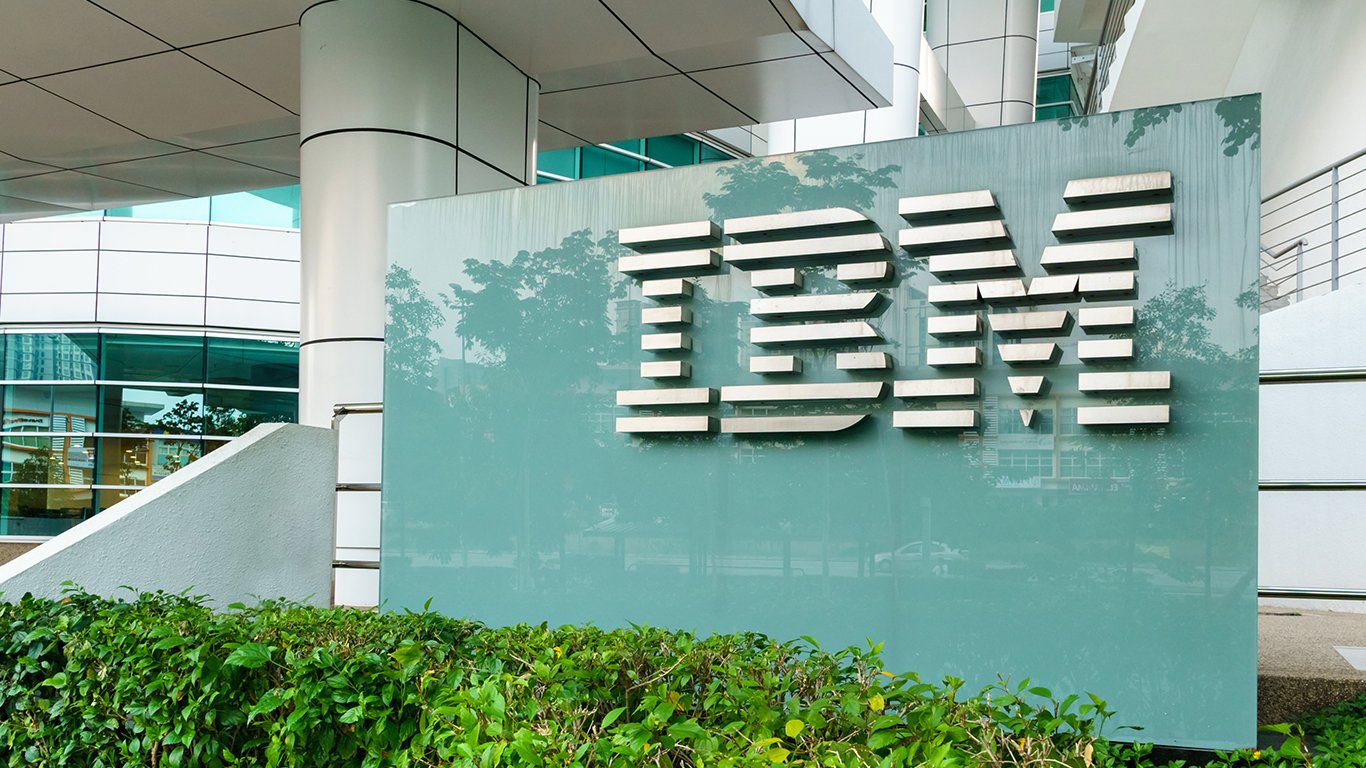

It’s late in June, and that means another annual wave of index reconstitutions by FTSE Russell. This is something that many investors already have made changes around, but what will stand out in 2019 is that many of the new “hot” initial public offerings from 2017, 2018 and 2019 are going to get their day in the sun.
The annual Russell US Index Reconstitution will conclude at the close of trading on Friday, June 28, and market capitalization, free float and other issues are considered for inclusion into the Russell 1000, 2000 and 3000 indexes. While the event may be more inside-baseball than retail investors think they should care about, the rebalancing actually affects more than $9 trillion in investor assets and may create increased volatility in some of the socks they own. That is because so many mutual funds, exchange-traded funds (ETFs) and other indexes are either benchmarked to or invested in products based on the Russell indexes. Some of the newer entrants also see some of their highest days of trading volume around inclusions, exclusions and weighting changes.
The recent slate of top IPOs has been too many to easily count as “hot or not,” but 24/7 Wall St. identified some of the post-IPO stocks that are being added to the Russell 1000 Index or to the 2000 or 3000 indexes. The FTSE Russell initial press release has indicated that yet again the growth portion of the market outshines the “Value & Utilities” and the energy sector is lagging. That’s good for hot-IPOs because of this: when was the last time you heard of a hot IPO being hot because it was a “value” stock?
Russell’s data showed that more than two-dozen post-IPOs are expected to join the Russell 2000 Index. 24/7 Wall St. scraped 10 of them to show how they have traded and included market cap data to show how they compare elsewhere.
Altice USA Inc. (NYSE: ATUS) has been public since June of 2017, and while its shares have not soared above the debut, they have recovered handily with a 34% gain in 2019. Trading near $23.50, its 52-week range is $14.49 to $25.15. The market cap is $20.2 billion.
Beyond Meat Inc. (NASDAQ: BYND) is already eligible for the Russell indexes. Fair warning: trading this meat-replacement stock off of an index call, analyst call, pundit call or anything of the like is solely up to you. Its shares recently priced at $25 per share in the IPO but never traded anywhere close to that, with a post-IPO range of $45.00 to $201.88. The shares were between $150 and $160 on Wednesday. Beyond Meat has a market cap of $8.9 billion.
Bloom Energy Corp. (NYSE: BE) priced its IPO at $15.00 in late July of 2018. It initially rose after opening very high, but the late-2018 sell-off in the market was brutal on the shares. It has a 52-week range of $8.88 to $38.00 and was last seen near $12.00. Bloom Energy has a market cap of $1.4 billion.
Dropbox Inc. (NASDAQ: DBX) debuted in March of 2019 at $21 per share. It rose initially, but investors have tempered their enthusiasm, as the 52-week range is $18.50 to $34.95, with a $24.50 current price. Dropbox’s market cap is $10.5 billion.
Thank you for reading! Have some feedback for us?
Contact the 24/7 Wall St. editorial team.
 24/7 Wall St.
24/7 Wall St.


